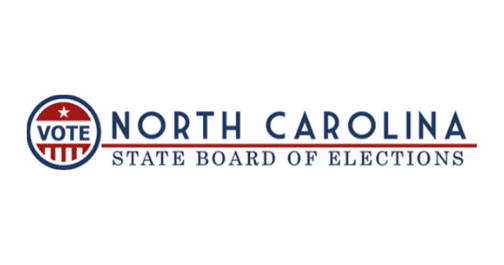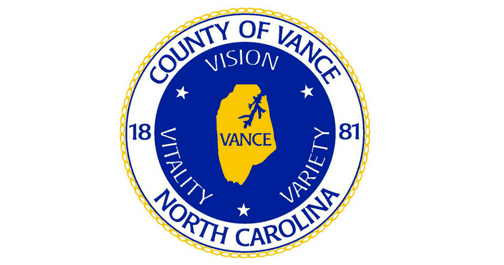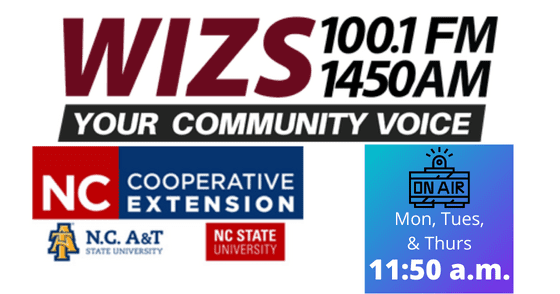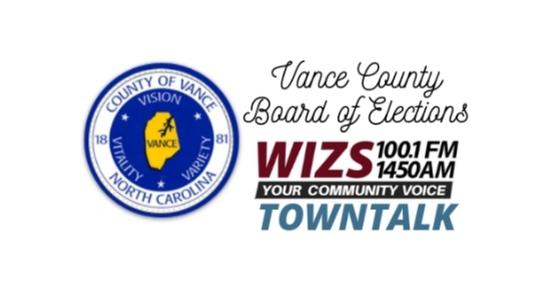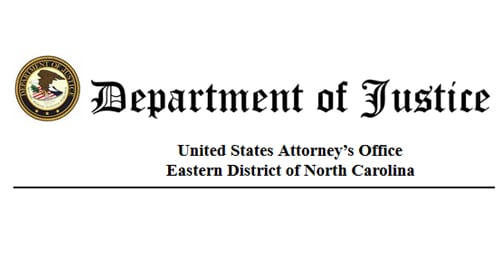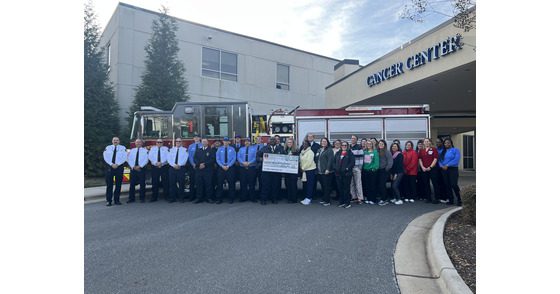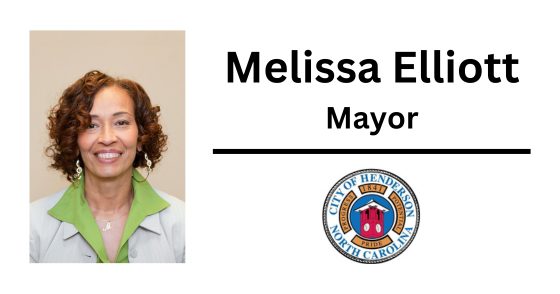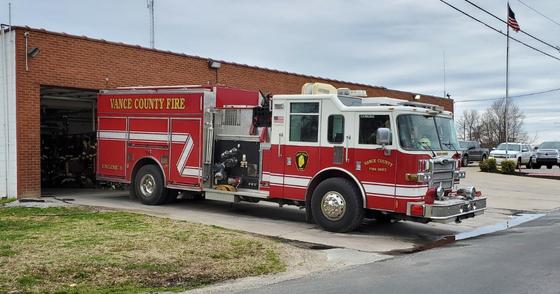Taxpayers in North Carolina have a slight reprieve this year – the deadline to file state and federal taxes has been extended to May 1, giving individuals and businesses an extra couple of weeks to file.
Because of the devastation created by Hurricane Helen and Tropical Storm Debby last year, the Internal Revenue Service extended the deadline to file various federal individual and business tax returns and make tax payments.
Following the disaster declaration issued by FEMA, individuals and households that reside or have a business in the entire state qualify for tax relief.
Affected taxpayers with returns and payments with due dates postponed until Feb. 3, 2025, due to Tropical Storm Debby in North Carolina (NC-2024-07) will also now have until May 1, 2025, to file and/or pay.
The declaration permits the IRS to postpone certain tax-filing and tax-payment deadlines for taxpayers who reside or have a business in the disaster area. For instance, certain deadlines falling on or after Sept. 25, 2024, and before May 1, 2025, are granted additional time to file through May 1, 2025. As a result, affected individuals and businesses will have until May 1, 2025, to file returns and pay any taxes that were originally due during this period.
The May 1, 2025, filing deadline applies to:
- Individuals who had a valid extension to file their 2023 return due to run out on Oct. 15, 2024. The IRS noted, however, that because tax payments related to these 2023 returns were due on April 15, 2024, those payments are not eligible for this relief.
- Calendar-year corporations whose 2023 extensions run out on Oct. 15, 2024.
The May 1, 2025, deadline also applies to any payment normally due during this period, including the quarterly estimated tax payments due on Jan. 15 and April 15, 2025. The May 1, 2025, deadline also applies to the quarterly payroll and excise tax returns normally due on Oct. 31, 2024, and Jan. 31, and April 30, 2025. In addition, penalties on payroll and excise tax deposits due on or after Sept. 25, 2024, and before Oct. 10, 2024, will be abated as long as the tax deposits are made by Oct. 10, 2024.
If an affected taxpayer receives a late filing or late payment penalty notice from the IRS that has an original filing, payment or deposit due date that falls within the postponement period, the taxpayer should call the telephone number on the notice to have the IRS abate the penalty.
The IRS automatically identifies taxpayers located in the covered disaster area and applies filing and payment relief. But affected taxpayers who reside or have a business located outside the covered disaster area should call the IRS disaster hotline at 866.562.5227 to request this tax relief. Tax preparers located in the disaster area with clients located outside the disaster area can choose to use the Bulk requests from practitioners for disaster relief option, described on www.IRS.gov.





